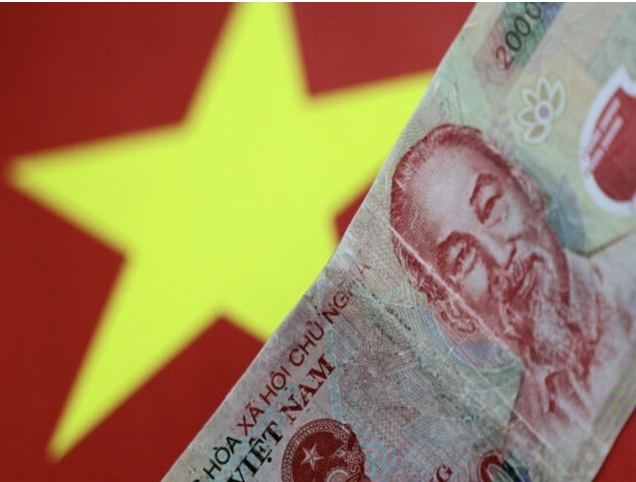🚨 Vietnam froze 86 million accounts: biometrics vs freedom, Bitcoin at the center of the debate
On September 1, an unprecedented banking crisis erupted in Vietnam: more than 86 million accounts were blocked after their owners refused to undergo biometric verification. This news instantly stirred the global crypto community, becoming yet another example of how centralized control over finances can hurt ordinary people.
The new law and its victims
According to local media, including Vietnam+, out of 200 million bank accounts in the country, only 113 million passed the updated biometric authentication procedure. The rest – more than 86 million – were automatically frozen.

Formally, the law is aimed at combating fraud and money laundering. Every client is now required to undergo face scanning and regularly confirm their identity for large online transfers. But in practice, the law creates numerous problems – especially for foreigners who work or once had accounts in Vietnam.
One of them – a Reddit user under the nickname Yukzor, a former contractor in Vietnam – said he had to fly back to the country just to avoid losing access to his HSBC account:
“Isn’t it insane for 2025 – when you can’t just transfer your money online but are forced to fly thousands of kilometers? Moreover, I was directly told: if I don’t come and update my biometrics, my account will be closed.”
Bitcoin as an “insurance against arbitrariness”
These events became a perfect illustration of the Bitcoin supporters’ argument: money should remain under the users’ control and not depend on the decisions of banks or regulators.
BTC analyst and advocate Marty Bent noted:
“If clients don’t meet the requirements by September 30, they will lose access to their own money. This is exactly why we need Bitcoin.”

Such situations are not uncommon. At different times, account freezes and restrictions on access to funds occurred in Lebanon, Turkey, Venezuela, Cyprus, Nigeria, and India. According to Bent, it would be “naïve to think that Vietnam will be the last.”
Crypto enthusiast and investor Daniel Batten added that such measures effectively turn banks into tools of total financial surveillance:
“Bitcoin is not just an alternative. It is a necessity in a world where states are arming themselves with technologies of total control.”

Fight against AI fraudsters
The Vietnamese government justifies the law by the rise of digital threats. In recent years, criminals have begun using generative AI and face deepfakes to bypass checks and hack accounts.
In May, police uncovered a money laundering scheme in which fake biometric data helped fraudsters withdraw about 1 trillion dong ($39 million). This became the last straw and the reason for adopting strict measures.

Mr. Pham Anh Tuan, Director of the Payment Department of the State Bank (Foto: BTC)
Now all online transactions over 10 million dong ($379) require repeated biometric verification; transfers over 20 million dong ($758) as well. But along with fraudsters, millions of ordinary citizens were also affected.
Neighboring Thailand – a similar story
This is not the first scandal in the region. In August, Thai banks froze 3 million accounts under the pretext of fighting fraudsters. But ordinary online sellers also suffered, suddenly losing access to their funds.

On September 14, the country’s Cyber Crime Investigation Bureau confirmed: the blocking also affected completely honest users. The reaction of the crypto community was predictable – “thanks for the free Bitcoin advertising,” Batten noted ironically.
🕵️♂️ Global trend
The events in Vietnam and Thailand are just part of a global trend of tightening state financial control. Biometrics, artificial intelligence, surveillance algorithms – all of this, according to crypto enthusiasts, leads to the loss of basic financial freedom.
That is why decentralized tools like Bitcoin are now seen not as a geeky experiment but as a real way to protect money from freezing and confiscation.
All content provided on this website (https://wildinwest.com/) -including attachments, links, or referenced materials — is for informative and entertainment purposes only and should not be considered as financial advice. Third-party materials remain the property of their respective owners.


